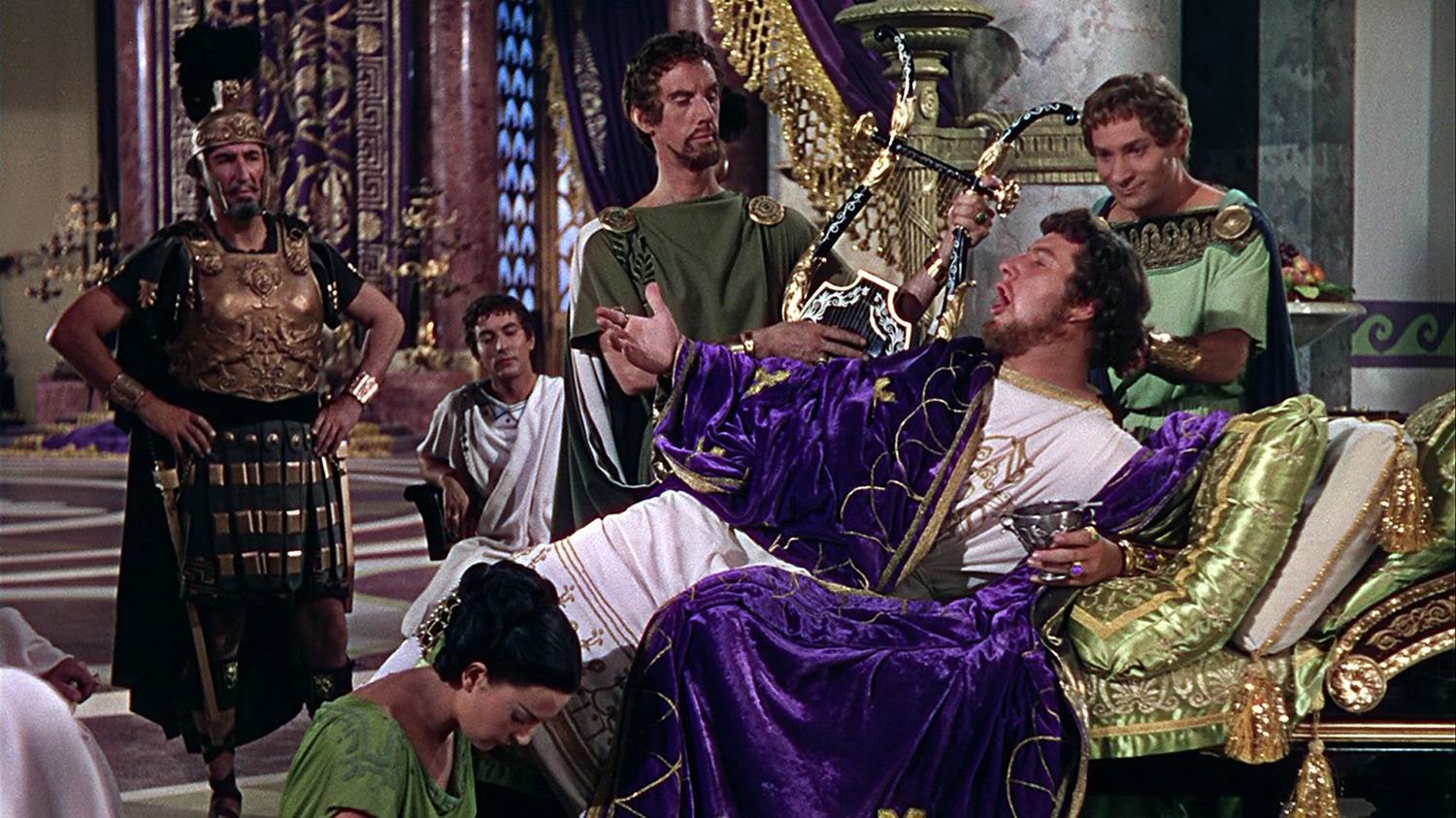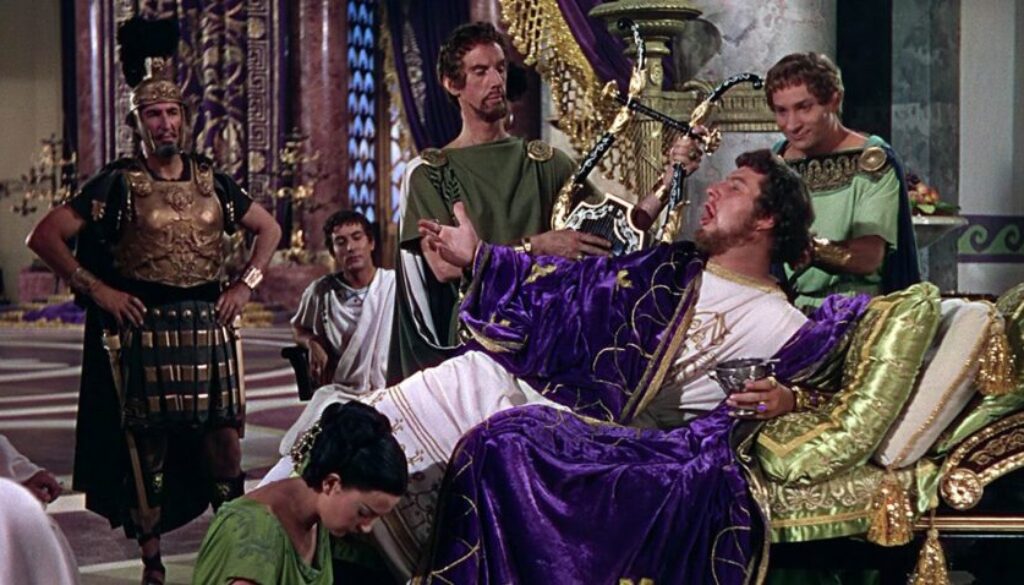Peter Ustinov – Add a Dash of Pity
People remember Sir Peter Ustinov as one of the greatest actors of all time and for his tireless work for UNICEF. A few recall that he was also a playwright. His play ‘Romanoff and Juliette’ – a spoof of the Cold War – was a worldwide success and was made into a movie, and he wrote the screenplay and played the central character.

I will always remember him for his portrayal of Nero in “Quo Vadis,” which was one of the greatest performances of all time in a film based on one of the greatest novels of all time by the brilliant Henryk Sienkiewicz.
Very few know that Ustinov was also a writer of fiction, and that’s why a copy of his short stories titled “Add a Dash of Pity” is such a great find. I’ve been savoring these stories and thought I’d give you a sample:
In one story, Ustinov is writing about an avant-garde Hungarian composer who goes to Hollywood to write movie scores and is reduced to playing gypsy lullabies on his violin at a Hungarian restaurant. Ustinov writes this about his early years:
“At the end of World War I, a new spirit swept across the arts, a spirit chaotic, iconoclastic, and mechanical… Melody was displaced by rhythm; beauty by freakishness.
“Young Erhardt embraced the new creed with fervor. It spelled liberation from all academic responsibilities, from all the rigidity of which his father was so proud, He grew his hair very long, wore the expression of revolt permanently on his face, and set up house in a Budapest garret with a very dirty Romanian lady twice his age, who believed he could do no wrong.
“He caroused all night, talking black philosophy to his cronies while his mistress smoked knowingly from an immense cigarette holder, and during the day he wrote violent, formless, cruel music, occasionally making love as violent and as formless as his composition.
“His sonata for three drums was an immediate success and had the honor to be hissed at the annual meeting of the International Society for Contemporary Music. The news of this fiasco d’estime spread far and wide, and he was asked to lecture in America, which he did, marrying the Romanian lady for the sake of American morality.
“His symphonic poem, Test Bench, dedicated to the City of Cleveland, was hissed in that city, and the first performance of his opera for a single voice, accompanied by a double orchestra and a chorus of masked dancers, entitled Formula 21, caused a riot at the Metropolitan before the end of the first act.
“His appearance in Paris unleashed an equal furor. Here he divorced the Romanian lady for the sake of Parisian morality, although they continued living together, and the world premier of his concerto for musical saw and nine woodwinds caused a duel between two cabinet ministers, in the course of which one was seriously wounded.”
